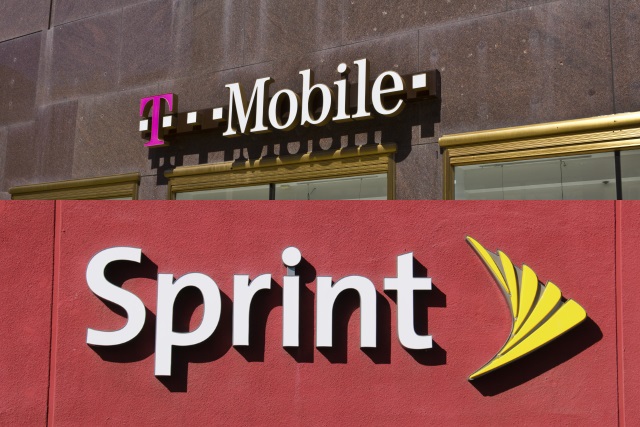FCC pauses clock on its review of T-Mobile/Sprint merger

The Federal Communications Commission has announced that it is stopping the clock on its review into the merger of T-Mobile and Sprint.
The 180-day review clock has been paused at day 55 as the Commission says that it is awaiting the arrival of new submissions from both companies that are "complex". The delay will give the FCC more time to analyze these documents -- and a third submission -- when they are received.
The letter posted on the FCC website reads: "Today we are pausing the Commission's informal 180-day transaction shot clock in this proceeding. Additional time is necessary to allow for thorough staff and third-party review of newly submitted and anticipated modeling relied on by the Applicants."
It goes on to say:
Each of three separate developments require more time. First, on September 5, 2018, the Applicants submitted a substantially revised network engineering model. Although the Applicants had previously provided a network engineering model as backup for certain network claims, you explained that since that time "the model has been extended,'' and that the newly-provided model "completes" the prior work. Moreover, the Applicants asserted that this is now the "engineering model on which they rely in support of this transaction."
The newly-provided network engineering model is significantly larger and more complex than the engineering submissions already in the record. It appears to incorporate new logic, methodologies, facts, and assumptions, on a subject central to the Applications-the transaction's claimed network benefits. Accordingly, the Commission and third parties will require additional time to review it.
Further, in an August 29, 2018 ex parte meeting, T-Mobile executives Mike Sievert and Peter Ewens described T-Mobile's reliance on a business model, titled "Build 9,'' which apparently provides the financial basis for the projected new network buildout. The Commission did not receive Build 9, and third parties did not have access to it, until September 5. Build 9 therefore requires further review.
Finally, T-Mobile recently disclosed that it intends to submit additional economic modeling in support of the Applications, beyond that strictly responsive to the various economic analyses in the Petitions to Deny. This new economic modeling will also require additional time for review.
We also understand that these models may interact with or support one another in ways still unknown to the Commission and third parties. It will take time to evaluate, understand the relationships between, and prepare responses to these models. Moreover, those evaluations may also require additional information and explanation about the new modeling.
The Commission has a strong interest in ensuring a full and complete record upon which to base its decision in this proceeding. Considering the complexity and potential importance of these newly-provided and expected models, it is appropriate to stop the informal 180-day clock to allow time for their review. The clock will remain stopped until the Applicants have completed the record on which they intend to rely and a reasonable period of time has passed for staff and third-party review. The Commission will decide whether to extend the deadline for reply comments after receiving the remainder of the Applicants' modelling submissions.
Image credit: Jonathan Weiss and Supannee_Hickman / Shutterstock
